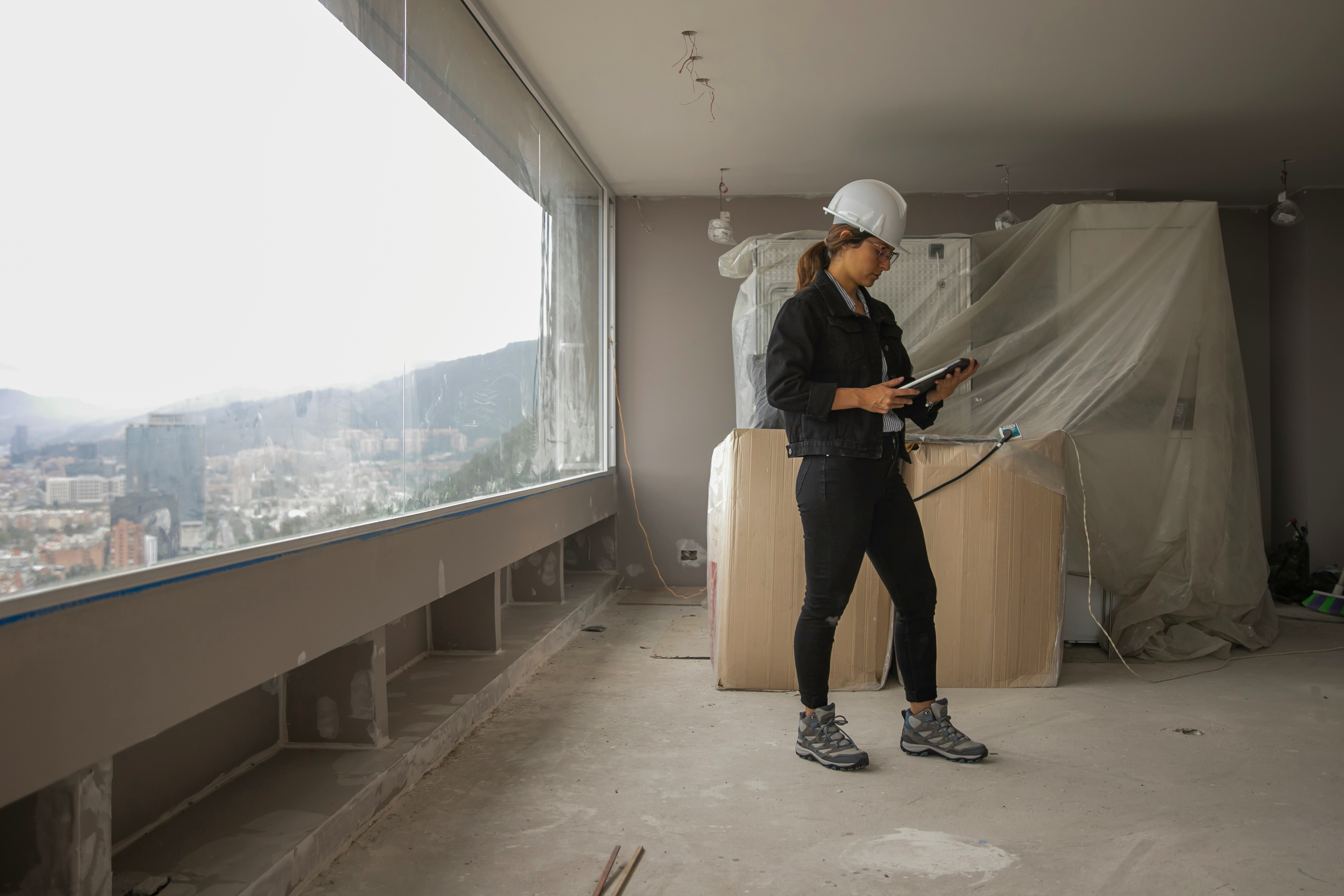In the government’s first six months, the number of new homes built fell by 10%
BBC Verify analysis has revealed that the number of new homes built in England continued to decline in the first six months of Labour’s government. Data from energy performance certificates (EPCs), a key indicator of new housing, showed that just 107,000 new homes were recorded since last July’s election – a 10% drop compared to the same period in the previous year. Every region in England experienced a year-on-year decrease, with the North West seeing the steepest decline at over 27%. In light of this, David Hannah, Group Chairman of Cornerstone Tax, discusses why the government’s lack of joined-up thinking is continuing to increase the strain on the UK’s housing market.
Despite Labour’s ambitious pledge to deliver 1.5 million new homes by the next election, David states that this goal will be difficult to achieve, with the government’s finalised targets requiring councils to deliver 370,000 homes annually. At the same time, the UK has around one million unoccupied homes, including second homes and properties exempt from council tax, while long-term empty homes have risen by 16% since before the pandemic. Significant growth in new housing is not expected until 2026-27, once planning reforms take effect, but David warns that policy changes alone may not be enough. Further financial interventions will likely be needed to boost development, particularly in the social and private rental sectors.
The government has pledged to overhaul the planning system, reinstate mandatory housing targets, and invest £5 billion in housing this year, including an additional £500 million for the Affordable Homes Programme. However, with long lead times for planning approvals and construction, David remains cautious about whether these measures will be sufficient to deliver the scale of development Labour has promised.
David Hannah, Group Chairman of Cornerstone Tax, comments, “The decision from the government to lower stamp duty bands shows a concerning deficit of joined-up thinking. Does this Chancellor and Prime Minister not understand that if they want 1.5 million new homes, they cannot drive landlords out of the market, incur additional charges for first-time buyers and freeze up working capital for developers – which can only be available if these homes are selling. I expect stamp duty receipts to fall significantly, then to flatline in Q1 2025, potentially plunging the British property market into a desperate situation. In essence, reducing stamp duty thresholds means that it will ultimately be the consumers who foot the bill.
“Furthermore, it would make sense for the new Government to suspend, or even abolish, the 3% surcharge where properties are being acquired for private rental sector investment. Removing this measure would encourage landlords to increase their holdings, rather than exit the market – reversing the decline in the supply of rental homes and potentially expanding it to the point where demand no longer outstrips supply.”
Visited 2,830 times, 1 visit(s) today
Andrew Stanton Founder & Editor of 'PROPTECH-X' where his insights, connections, analysis and commentary on proptech and real estate are based on writing 1.3M words annually. Plus meeting 1,000 Proptech founders, critiquing 400 decks and having had 130 clients as CEO of 'PROPTECH-PR', a consultancy for Proptech founders seeking growth and exit strategies. He also acts as an advisory for major global real estate companies on sales, acquisitions, market positioning & operations. With 200K followers & readers, he is the 'Proptech Realestate Influencer.'


















